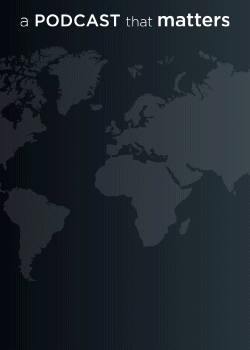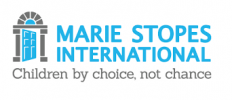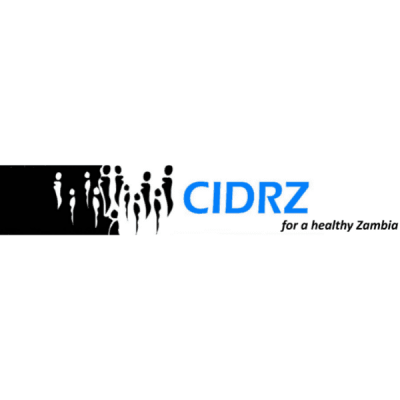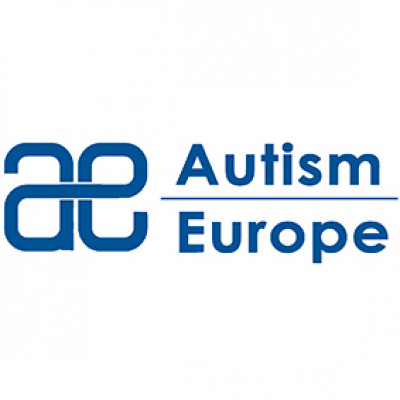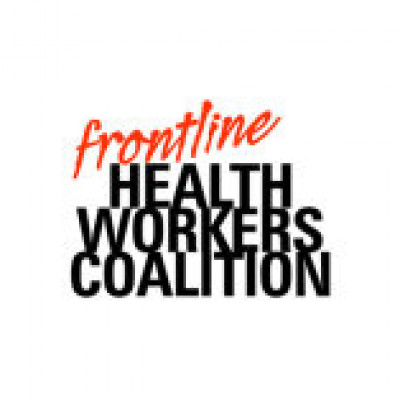
Frontline Health Workers Coalition
Details
About
The Frontline Health Workers Coalition is an alliance of United States-based organizations working together to urge greater and more strategic U.S. investment in frontline health workers in developing countries as a cost-effective way to save lives and foster a healthier, safe and more prosperous world.
The World Health Organization estimates a shortage of at least one million frontline health workers. As its contribution toward closing this shortfall, the Coalition is urging the U.S. government to create concrete targets and timetables to support the training, deployment and retaining of new frontline health workers. This goal can be met in partnership with the American corporate sector and nongovernmental organizations who have a vested interest in a healthy workforce and healthy communities.
The health workforce crisis is largely recognized as a critical obstacle to achieving the health goals of the United States. The Coalition encourages the U.S. government to help train and deploy these frontline health workers as part of a comprehensive health workforce strengthening strategy, and to invest in countries that have severe health worker shortages and in which the U.S. is already making a substantial investment to improve health through its Global Health Initiative. The absolute expansion of the frontline health workforce should be accompanied by investments in health school capacity, health worker remuneration and retention, health worker productivity, and strategic review of policy, skills and supply gaps that constrain their effectiveness.
Frontline health workers are the first and often the only link to health care for millions of people living in the developing world. They are the most immediate and cost-effective way to save lives and improve health. This is not only the right thing to do, it’s the smart thing to do. America’s security and prosperity demand appropriate engagement in development issues around the world. Investments in frontline health workers will save lives in the developing world, slow rapid population growth, and support American jobs by expanding exports, fostering stability and helping to open markets overseas to U.S. products and services.
Frontline health workers are also key to achieving the health Millennium Development Goals (MDGs) aimed at reducing deaths to mothers and children, and reversing the incidence of AIDS, malaria, tuberculosis and other diseases. All 192 U.N. member states, including the United States, have agreed to achieve the eight MDGs by the year 2015 – representing a movement by the international community to make investments in development more results-oriented by setting specific, measurable objectives and a timeline for achieving them.
Vision: That everyone has access to basic preventative and curative health services from skilled, supported and motivated frontline health workers.
Goals:
The World Health Organization estimates a shortage of at least one million frontline health workers. As its contribution toward closing this shortfall, the Coalition is urging the U.S. government to create concrete targets and timetables to support the training, deployment and retaining of new frontline health workers. This goal can be met in partnership with the American corporate sector and nongovernmental organizations who have a vested interest in a healthy workforce and healthy communities.
The health workforce crisis is largely recognized as a critical obstacle to achieving the health goals of the United States. The Coalition encourages the U.S. government to help train and deploy these frontline health workers as part of a comprehensive health workforce strengthening strategy, and to invest in countries that have severe health worker shortages and in which the U.S. is already making a substantial investment to improve health through its Global Health Initiative. The absolute expansion of the frontline health workforce should be accompanied by investments in health school capacity, health worker remuneration and retention, health worker productivity, and strategic review of policy, skills and supply gaps that constrain their effectiveness.
Why It Matters
Frontline health workers are the first and often the only link to health care for millions of people living in the developing world. They are the most immediate and cost-effective way to save lives and improve health. This is not only the right thing to do, it’s the smart thing to do. America’s security and prosperity demand appropriate engagement in development issues around the world. Investments in frontline health workers will save lives in the developing world, slow rapid population growth, and support American jobs by expanding exports, fostering stability and helping to open markets overseas to U.S. products and services.
Frontline health workers are also key to achieving the health Millennium Development Goals (MDGs) aimed at reducing deaths to mothers and children, and reversing the incidence of AIDS, malaria, tuberculosis and other diseases. All 192 U.N. member states, including the United States, have agreed to achieve the eight MDGs by the year 2015 – representing a movement by the international community to make investments in development more results-oriented by setting specific, measurable objectives and a timeline for achieving them.
Top partners

Top competitors


